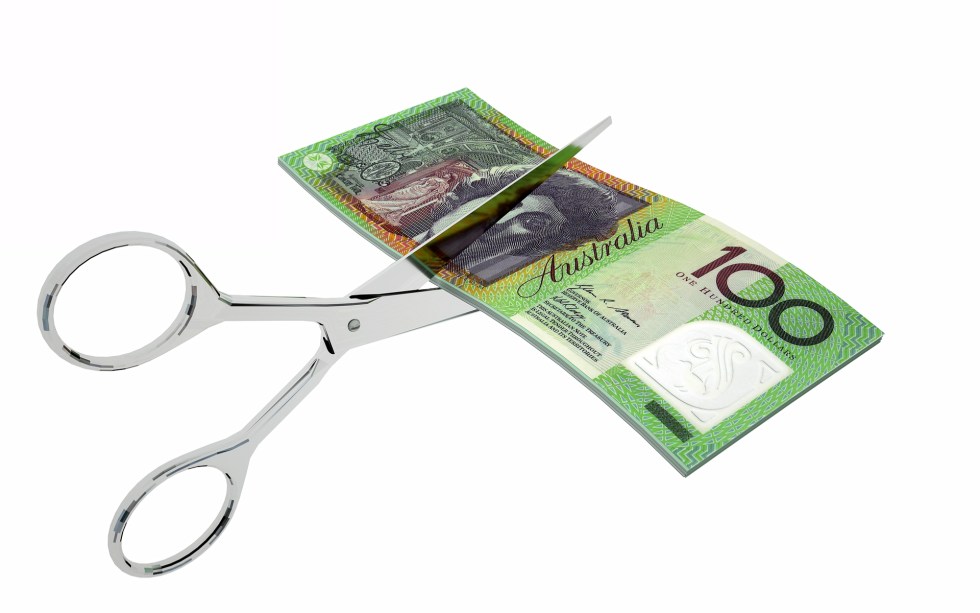Australia is mulling the idea of decommissioning its highest value banknote in what appears to be a global trend for removing physical bills.
Minister: Priority ‘Closing Down Loopholes’
As was previously reported, the country’s banks are already arguing for removal of larger notes, and making calls for a cashless economy.
Speaking in a radio interview Wednesday, Australian revenue and financial services minister Kelly O’Dwyer said the move would come as part of a “crackdown on the black economy.” She explained:
The whole point of this crackdown on the black economy is to make sure we close down any potential loopholes.
O’Dwyer’s words themselves echo sentiment in far-off Venezuela, where president Nicolas Maduro this week sprung a sudden decommissioning of his economy’s largest note, ostensibly also to fight organized crime.
Along with India, the last two months have seen a sudden trend emerge as governments seek to privilege monitored payments – such as contactless card or mobile biometric – over uncontrollable cash transactions.
O’Dwyer stated however that removing the $100 bill would not signal Australian authorities were adopting a war-on-cash-style stance.
“There’s nothing wrong with cash per se, the issue is when people don’t declare it and when they don’t pay tax on it,” she added.
Mutton Dressed As Lamb
Nonetheless, with over 300 million of the notes in circulation – compared to just 100 million $5 notes – any upheaval would create overnight change in how transactions are conducted. Banks’ existing support of the move provides further evidence of a desire to keep money where the financial system can see and access it.
Just last month, UBS, the investment bank calling for removal of the $50 and $100 notes, said that “removing large denomination notes in Australia would be good for the economy and good for the banks.”
The common theme linking all three countries’ governments has not gone unnoticed in cryptocurrency circles. Bitcoin advisor Andreas Antonopoulos tweeted Tuesday whether “anyone [sees] a pattern emerging.”
India, Venezuela… next Australia?
Does anyone see a pattern emerging?https://t.co/Mz6Lir7cxy
— Andreas (aantonop Team) (@aantonop) December 14, 2016
Less Bills, More Bitcoin Demand
What may be good for banks and bad for citizens may ultimately benefit free-ranging alternatives, however, as both India and Venezuela are already proving.
Following the rupee shake-up, which continues to cause harm to users of its largely cash-based economy, Bitcoin usage soared. The country even became the second highest global user of Purse.io’s Amazon discount service, along with seeing huge shifts in exchange trading volumes.
Venezuela had been following suit for some time due to its weak economy and estimated 500% inflation. Removal of access to the highest note – even this worth only around two cents on the black market – combined with border closures to stop smuggled notes being cashed in, meant Bitcoin could take the spotlight more than ever.
What do you think about Australia’s intentions on cash? Let us know in the comments below!
Images courtesy of shutterstock, twitter, liberal.org.au
